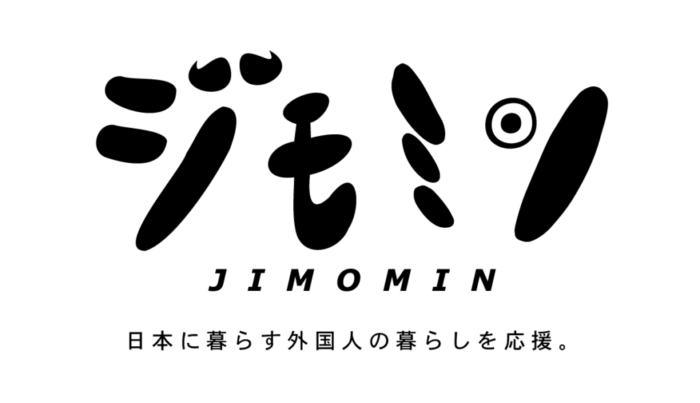Are you a student or a working professional who will start a new life in Japan? Are you thinking about the level of Japanese required for your part-time and full-time work? Then, this blog is for you! We will show you the Japanese language ability needed to work in Japan depending on the sector.
You all would have known about JLPT. Japan’s recruiting system for full-time jobs is on the JLPT exam level you have taken. You would need at least an N3 proficiency to converse and understand the customer’s message. Finding a job in Japan with N4 or N5 level Japanese might be challenging, but don’t worry!
Just to take care of your living expenses while as a student, you can work in Restaurants and Konbini. These places are popular among students working part-time to cover their living expenses. The job requires an N3 level for customer interactions, basic greetings, and cashier transactions. There is a benefit that you can learn Japanese through interactions daily if you are at an intermediate level.
Corporate company job:

Companies need business-level Japanese, equivalent to N1 and above. Employees will have frequent communication with clients and submission of reports to their superiors. They must be aware of learning kanjis and be able to read and write.
Translator and Sales:

Jobs such as sales representatives and translators for work such as articles require a minimum level of JLPT N2. This is because they need to communicate with Japanese clients and explain their businesses, sometimes even learn specific terminologies.
Specialists Job:

Technical positions like IT professionals, and software engineers may find less need for Japanese because English is the dominant language in programming. But it is strongly recommended to learn the N3 level so that it boosts your conversation with your co-workers and write a simple email to your superiors if necessary
Management:

Business positions like managers and other management work companies expect native-level fluency in reading, writing, and speaking. Sometimes bilingual expectations are required for the employees to communicate with overseas or external clients.
Teaching:

English teaching jobs need less Japanese proficiency because most conversations between teachers and students happen in English. And other jobs with physical labor like packaging require JLPT N4 to know about the job description.
Japanese language ability is the base for your salary pay rise in your fields. If the job descriptions mentioned language expectations there would be limitations that affect your career and create fewer advantages for your future. They can also be differentiated into prioritizing hard skills and soft skills jobs when language skills are incorporated.
What we can do!
jimomin.work offers courses on improving your Japanese required when job hunting as well as after you start working. For instance, we have Business Japanese courses where a specialized teacher breaks down and explains the terminologies used in a Japanese corporate culture.
Summary:
Japan is experiencing a labor shortage, so there are plenty of opportunities available if you cleverly use Japanese skills. Try to be proficient in at least JLPT N4 in speaking and reading for your daily routine life. Professionals need to master their business level in Japanese, they have so many benefits like a high pay rise, higher-level positions, etc. If you feel you are in the middle of N2, don’t worry jimomin.work offers business language seminars to gather more information regarding Japan and the job type you have in your mind.















